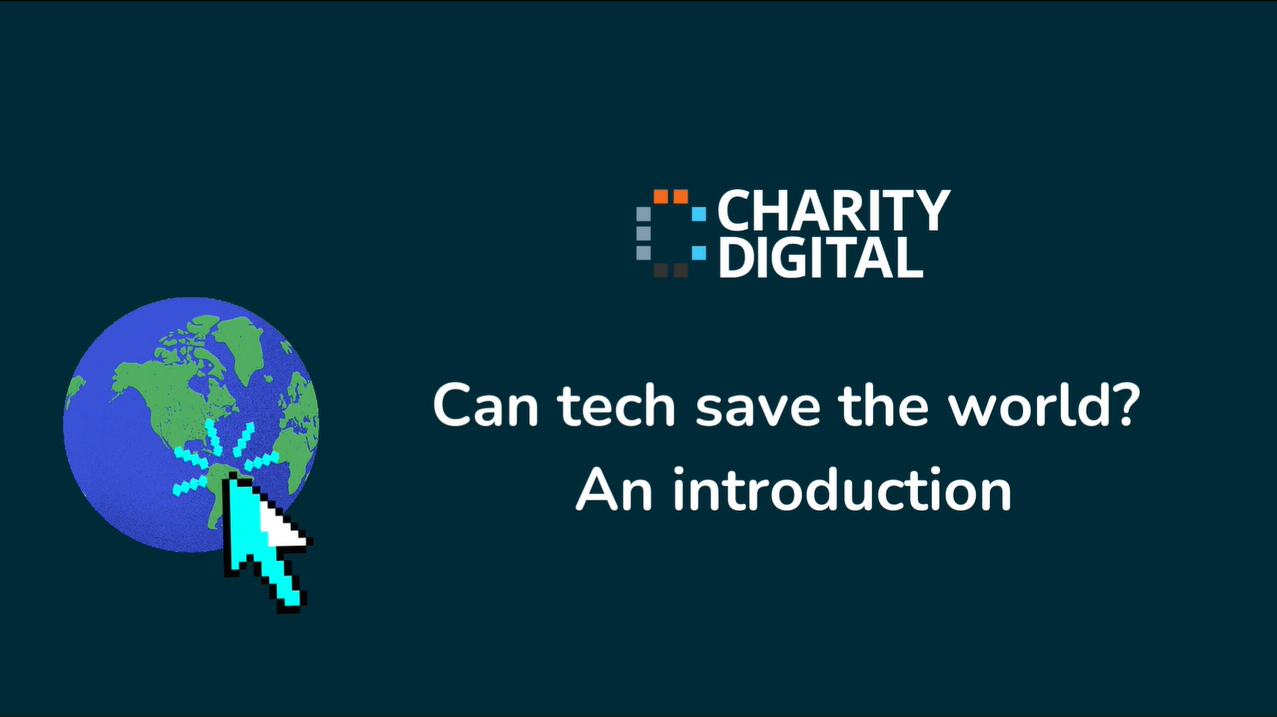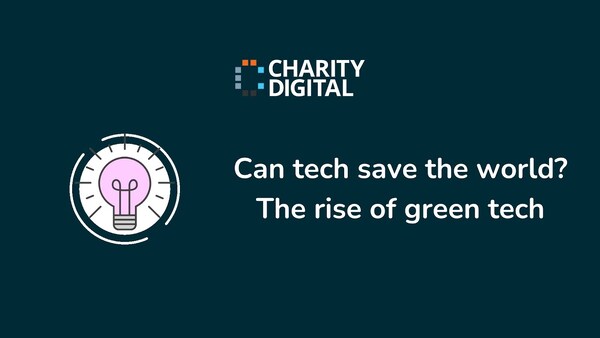Insights
INSIGHTS
All Topics
How your charity can avoid ‘greenwashing’
In this climate crisis, we all want to be more sustainable and eco-friendly. Be mindful that you’re not ‘greenwashing’ your sustainability efforts
Sustainable goods is big business. A survey in March 2021 conducted by the Economist Intelligence Unit (EIU), and commissioned by WWF, showed a 71% rise in popularity in searches for sustainable goods over the past five years. Only just a few years ago, eco-friendly products used to be niche and are now much more mainstream.
The climate crisis has awakened us to the urgency of making better choices when it comes to the products we buy, and in some cases sell.
The survey by EIU states, “People all over the world, particularly in emerging markets, are increasingly aware of the environmental planetary crisis, and this is affecting their behavior in a new movement WWF is calling an ‘eco-wakening’.”
People are becoming more vocal, are acting on their concerns, and are demanding action by companies to do better when it comes to their environmental practices. According to the survey, not only do they want companies to do better in supporting the health of the planet, they are actively changing their consumer behaviour in support of these beliefs.
Charities are not excluded when it comes to sustainability and taking action on their own policies and practices. ACEVO’s Climate and Environmental Leadership Principles sets a framework for charity leaders to help structure and direct their thinking on climate issues and how they can be part of the solution.
Acknowledging our part
Charities have a history of offering free gifts as an incentive to donors and fundraisers. This could be a free branded t-shirt as an incentive to sign up to a fundraising challenge or including free pens in unsolicited direct mail drops to encourage people to sign up to a monthly direct debit.
For those charities who have high street shops, or online shops selling products, they may have been working with suppliers who have not followed sustainable practices, or they could be selling products containing palm oil in their shops. Charities need to acknowledge their part in contributing to the current climate crisis.
While we can’t change the past, we can change the present. Charities need to review their current practices and look to provide more environmentally friendly solutions and products. And be honest and transparent about it.
What is ‘greenwashing’?
‘Greenwashing’ is thought to be a play on the word ‘whitewashing’, which means to deliberately attempt to conceal facts about something or someone. ‘Greenwashing’ is when brands make green claims, for example on their products or policies, that make them appear to be environmentally friendly when they are often contradictory.
For example, a well-known, global beauty brand markets its products as vegan, however they carry out animal testing in China. So whilst their product may not contain ingredients derived from animals, they are testing their products on animals, which is contradictory to the image they are trying to portray – as well as giving a false impression to customers.
How can charities avoid ‘greenwashing’
Don’t stretch the truth or omit important information
Don’t make claims that are not accurate. For example, claiming that packaging is 100% recyclable, when this is not actually possible because of the ink and adhesives used in labels, which are not recyclable. Be honest about how much of your product is eco-friendly and recyclable. And if you’re working towards a 100% recyclable product, state that.
Be transparent
If your charity is actively taking steps to help the planet, be transparent about it. If you have sustainability goals, an environmental policy or a strategy to reduce your carbon footprint, make it easy for people to find on your website – don’t hide it in the footer, or on your intranet where it’s not publicly available.
When buying products from Amnesty International UK’s online shop, you can read their Ethical Buying Policy, which sets out the ethics and code of conduct that their suppliers must conform to. It also explains what they mean by ‘eco friendly’, ‘organic’, ‘plastic free’ and more.
Substantiate your claims
If you’re claiming that a product is vegan, for example, you need to be able to have proof and to substantiate your claims. Often the best way to do this is to work with third party suppliers who have an environmental standard or certificate.
Amnesty International UK states in their Ethical Buying Policy: We prefer to work with like-minded brands who hold certifications from ethical organisations such as the Fairtrade Foundation or GOTS (Global Organic Textile Standard) among others, as these ensure companies are audited and as a small business who resells brands, we do not have the resource to audit every individual factory used by the brands we sell.
Be truthful about your journey
Remember that becoming more environmentally friendly and sustainable is a journey. As Stacy Hintermeister states in an article entitled ‘How marketers can avoid greenwashing’, “Rather than “go big,” your brands may be better off taking incremental steps that increase their sustainable positioning over time.” Be truthful that you’re on a journey and that it may take time to get to where you want to be.
kirsty marrins
More on this topic
Recommended Products
Our Events
Charity Digital Academy
Our courses aim, in just three hours, to enhance soft skills and hard skills, boost your knowledge of finance and artificial intelligence, and supercharge your digital capabilities. Check out some of the incredible options by clicking here.





















